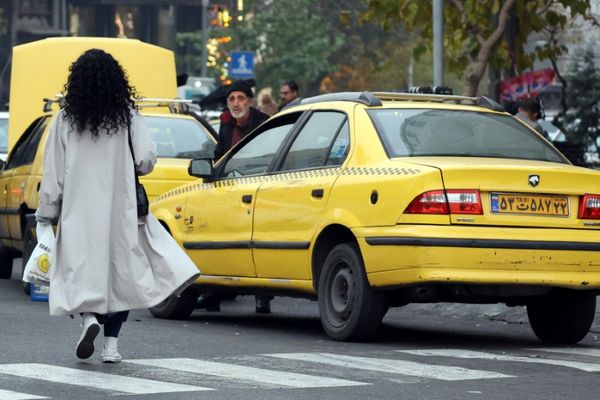
Paris Olympics organisers' ambition to cut the carbon footprint of catering at this year's eco-friendly Games has run into a problem: the appetites of meat-loving athletes.
Despite promises that France's famed gastronomy would be showcased in the Paris Olympic village, many athletes have been left unimpressed by the catering and hungry for more meat on the eco-friendly menus.
At a trial run at the Olympics village restaurant in June, Games supremo Tony Estanguet stressed how Paris 2024 was aiming to cut the average carbon emissions per meal in half compared to previous Olympics by offering more vegetarian food.
Promising not to disappoint visitors to a country famed for its fine food, the organising committee also took on several Michelin-starred chefs as advisors to work alongside its food contractor, French multinational Sodexo.
But the first few days in the village, located in a deprived suburb north of Paris, saw demands for more steak, eggs and bigger helpings as athletes looked to replenish themselves after gruelling competitions or gym sessions.
American superstar gymnast Simone Biles said she had been left disappointed by the 3,300-seat food court, which features six different dining areas offering meals from around the globe.
"It's not proper French cuisine, like you guys might be eating because you're outside the village," she complained on Tuesday.
Team-mate and gold medallist Hezly Rivera agreed, saying: "I definitely think French food is good, but what we are having in there I don't think is the best. But it gets the job done."
Olympic 100m champion Marcell Jacobs from Italy called the village "nice, the food not," an assessment endorsed by Jamaica's two-time 200m world champion Shericka Jackson.
During a visit to the buzzing complex this week by AFP, other athletes said they had initially struggled with the offering, with half of 50 dishes available each day being 100-percent vegetarian.
"We didn't have enough meat, but now it's solved," Romanian rower Iulian Chelaru said.
German swimmer Lucas Matzerath, 24, said that the size of helpings had left him hungry for more.
"At the start there were not very big portions for people, but it's improved now," he said.
Sodexo told AFP on Wednesday it had adjusted its offering, while the Paris 2024 organising committee said all of the menus had been approved by national Olympic delegations.
"Eggs and grilled meat dishes have been in high demand, so volumes have been increased significantly," a spokeswoman for Sodexo said. "For several days now the quantities offered are in line with demand."
"We've seen a lot of comments. Most of them are positive," stressed organising committee spokeswoman Anne Descamps on Thursday.
Read moreFrench gastronomy facing logistical challenge for 2024 Paris Olympics
The vegetarian-heavy food offering is not the only difference in the Paris village compared with previous editions, leading some critics to brand it "woke".
The housing complex, which will be converted into apartments after the Games, was built without air-conditioning and instead has a renewable underfloor geo-thermal cooling and heating system.
Some teams such as the US, Great Britain, the Netherlands or France have opted to install portable coolers for their athletes, but others are having to do without, with temperatures on Tuesday and Wednesday above 30 degrees Celsius (95 F) with high humidity.
"I suffer in the hot weather, but up until now I've slept well with just a fan," said Italian beach volleyball player Marta Menegatti. "AC would be better for recovery though."
Cardboard beds
Others have found the innovative Japan-made beds used in the village tricky to adjust to.
Their bases are made from cardboard and the mattresses from recycled plastic including fish nets, leading some to joke in the past that they were "anti-sex" and designed to stop athletes jumping between the sheets.
"My bed is too hard, it's not the best," Spanish handballer Lysa Tchaptchet told AFP.
Others were enthusiastic about the efforts made by Paris 2024 organising committee to be more sustainable by cutting emissions and making sure all of the equipment, including the beds, can be recycled or re-used afterwards.
"I really enjoy it and like what they've done in the village," Signe Bro, a Danish swimmer, told AFP. "It does the job now but it's great to know for us athletes how it will be used in the future, and that it has been built in a sustainable way."
Commenting on the food, Canadian beach volleyball player Sophie Bukovec said there was plenty of protein on offer "you just have to know where to find it."
"We enjoy our greens, so it's not a problem," she told AFP. "Some of the athletes are big meat-eaters."
(AFP)







